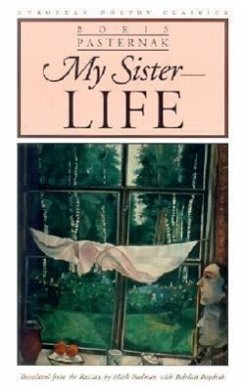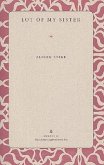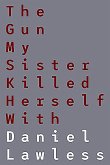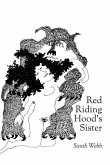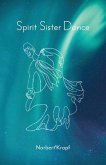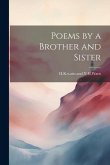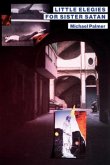In Russian poetry, Boris Pasternak's My Sister -- Life is the equivalent of The Waste Land, Spring and All, and Harmonium. But it is also accessible to the general reader, and belongs on a slender shelf of great love poems. Written in the summer of 1917, the cycle of poems in My Sister -- Life concentrates on personal journeys and loves, but is permeated by the tension and promise of the impending October revolution. Pasternak is an uncompromisingly complex poetic stylist, and his meticulous attention to structure, etymology, and the phonetic qualities of words makes his poetry a formidable challenge for the translator. Mark Rudman renders Pasternak's poetic masterpiece with verve and intelligence. Pasternak's poems, writes Rudman in his introduction, evoke "the constant movement and change that occurs from moment to moment and in hitherto unseen connection between disparate things". His unencumbered and startling perceptions of the world are dense, rich, and surreal: In the orphaned, sleepless, Dam universal waster -- Groans tore from their posts, The whirlwind dug in, abated. A Sultry Night Osip Mandelstam wrote, "To read the poems of Pasternak is to get one's throat clear, to fortify one's breathing....I see Pasternak's My Sister -- Life as a collection of magnificent exercises in breathing...a cure for tuberculosis. "The English version, which includes "The Highest Sickness", is a heady gust that matches the intensity and power of the Russian.
Bitte wählen Sie Ihr Anliegen aus.
Rechnungen
Retourenschein anfordern
Bestellstatus
Storno

